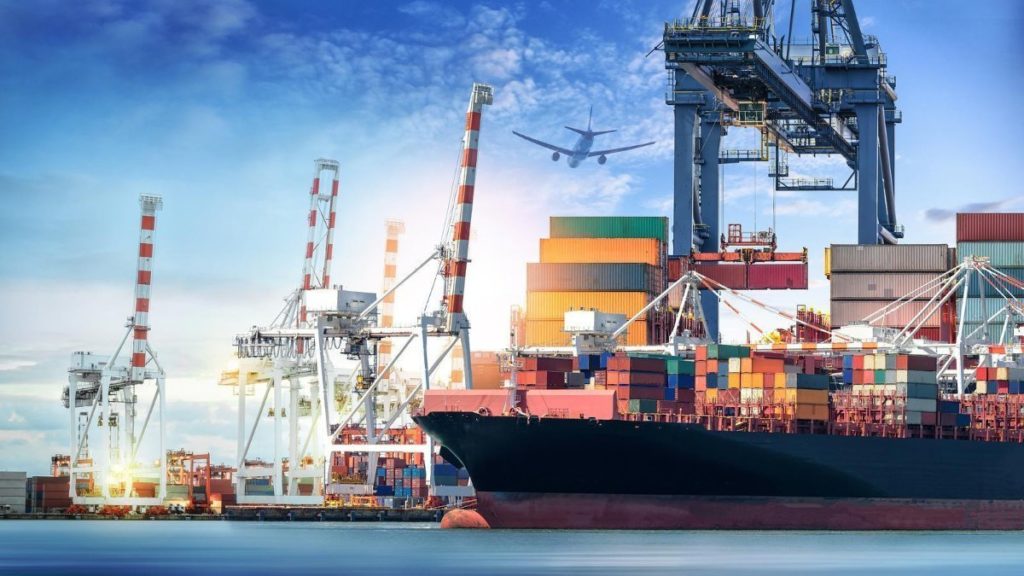This article was first published in AirCargo magazine, September 2018.
Notwithstanding the issues associated with changes in the Australian Federal Government (including a new prime minister and new ministers for both Foreign Affairs and Trade), the process of approval of new Free Trade Agreements (FTAs) and parliamentary reviews of FTAs before enabling legislation is introduced to Parliament has continued.
Indonesia
Negotiations on the Indonesia – Australia Economic Partnership Agreement (IA-CEPA) completed on 31 August 2018 and the parties now are working to produce a final completed version in both governing languages.
However, some details have been made available through the DFAT website with a document summarising key outcomes.
Of course, Australia already has a form of FTA with Indonesia through our FTA with New Zealand and the ASEAN nations, which includes Indonesia (known as the AANZFTA). This already reduced tariffs on goods passing between the nations. There also was some further enhancement in trade in 2017, but the IA-CEPA seeks to build on that AANZFTA by providing additional benefits. According to the material provided to date, there are a number of improved outcomes for goods, services and investment that are superior to the AANZFTA outcomes.
The process for completion and implementation will include review by the Joint Standing Committee on Treaties (JSCOT), which will also review a National Interest Analysis (NIA). If all goes to plan, legislation will be introduced to give effect to new rules of origin and other “Customs” procedures required for goods to receive preferential treatment. After other procedures, a commencement date will be announced.
PAFTA and EU Framework
The JSCOT approval process has now been completed for the Peru-Australia Free Trade Agreement (PAFTA) and the Comprehensive and Progressive Agreement for Trans-Pacific Partnership (TPP-11).
JSCOT Report 180 also supports the Framework Agreement between the EU and Australia as a precursor to full FTA negotiations and says binding treaty action should be taken.
TPP-11
Report 181 of JSCOT is solely dedicated to TPP-11 which, as readers would be aware, was rescued from the earlier Trans-Pacific Partnership (TPP) after the United States withdrew following the commencement of the Trump administration.
The active provisions of the TPP-11 are much the same as those in the TPP with the exception of suspensions largely associated with provisions affecting the US. JSCOT formed the view that the absence of the US would impact a number of local industries. After consideration JSCOT made the following recommendations:
- That if the parties to the TPP-11 agree to reinstate the suspended provisions of the TPP then the reinstatement should be subject to a further inquiry by JSCOT.
- That the Australian Government should review its bilateral FTAs with countries which are parties to the TPP 11 with a view to withdrawing from those which are no longer beneficial to Australian business.
- That the Australian Government consider implementing a process through which independent modelling and analysis of a proposed FTA is conducted by the Productivity Commission or equivalent body and is submitted to JSCOT along with the NIA.
- That binding treaty action should be taken.
Shortly after the release of Report 181, a separate ‘Modelling Report’ commissioned by a number of industry bodies indicated there would be discernible benefits to Australia from the TPP-11, although not as much as from the TPP or from a ‘TPP 16’ which would include those parties to the TPP and other countries which had indicated an interest in joining the TPP-11 including Indonesia, Korea, the Philippines, Taiwan and Thailand.
Enabling legislation to implement TPP-11 by way of amendments to the Customs Act 1901 and the Customs Tariff Act 1995 was introduced into the House of Representatives on 23 August 2018 under the Law Enforcement and Cybersecurity Portfolio. From there it was referred to the Senate Legal and Constitutional Affairs Legislation Committee with a Report due on 10 October 2018.
At this stage, there does not appear to have been substantive Government response to the recommendations by JSCOT other than the introduction of the enabling legislation to adopt the TPP-11. However, the Government’s ability to pass that legislation in both Houses of Parliament may be tested depending on an election in the House of Representatives and the disposition of those in the Senate. Given the position of certain cross – bench senators the Government may require support from the Labor Opposition in the Senate. Debate on the relevant enabling legislation is expected in the Senate soon.
A full response to the JSCOT report by the Government will be of interest given the recommendation to withdraw from bilateral FTAs with parties to TPP-11 if those FTAs are no longer seen to be beneficial.
In the meantime, other countries that are parties to TPP-11 are in the process of their own ratification procedures.
Notwithstanding the apparent uncertainty regarding the progress of the TPP-11 in Australia, there seems to be general acceptance that steps should be taken to prepare for the introduction of the TPP-11 in the near future, including review of whether the TPP-11 or other existing bilateral FTAs will be used, the forms of Certificate of Origin to be used and the manner of shipment of the goods to ensure that preference is not lost through the journey to the destination of the goods.
I hope to be addressing the TPP-11 and associated legislation in my Member Forums for the CBFCA is November 2018. Otherwise, don’t hesitate to contact your friendly, neighbourhood Customs and Trade lawyer.
